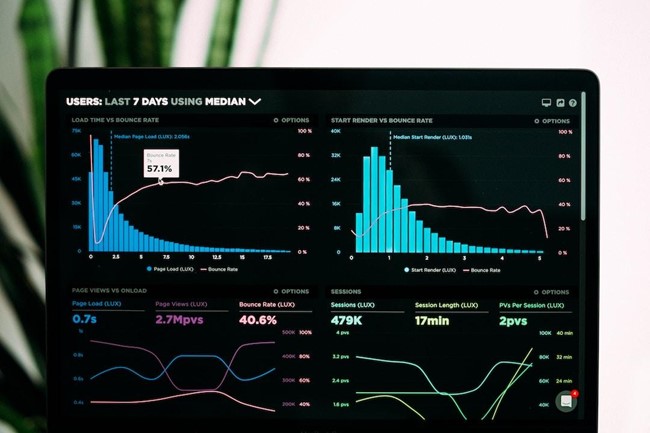For a business to thrive and prosper, understanding and effectively managing financial pitfalls, such as revenue leakage, is crucial. As revenue forms the backbone of any business, it’s alarming to realize how companies underestimate the impact of unchecked revenue leakages on their bottom line. In essence, revenue leakage is the accidental or unnoticed loss of revenue potentially gained but slipped through inefficiencies in business practices. Keep reading to learn more about preventing revenue leaks in your business.
What Constitutes Revenue Leakage
Revenue leakage can come in many forms and from unsuspected sources. Generally, it can be the result of underbilling, pricing errors, or operational inefficiencies, amongst other issues. In the larger scheme of things, these small leakages can accumulate over time into significant amounts, affecting your business’s profitability and sustainability. Understanding every component of your business operations, the flow of transactions, and overall revenue, offers the first step to curbing this economic burden.
Most common areas prone to revenue leakage include but are not limited to; supply chain processes, billing systems, contract management, auditing practices, and regulatory compliance. All these areas need to be tight and leak-proof to protect the business from possible revenue loss. The right technology and best practices employed in monitoring, detecting, and fixing leakages can significantly save a business from significant financial strain.
It is therefore imperative for business owners to periodically evaluate their organization’s flow of revenue and pinpoint areas susceptible to leakage. An analytical, proactive, and robust approach to business management can aid in the early detection and prevention of revenue leakage.
Spotting Revenue Leaks in Your Organization
Identifying revenue leaks can be a daunting task due to their often subtle and latent nature. Many business owners may not even realize they are losing money until it’s too late. However, with conscious efforts, organizations can put in place robust controls to detect and prevent any form of leakage. Detailed audits, internal control mechanisms, and employing analytical techniques are some of the proven methods for attaining this.
More often than not, companies focus more on the sales side of things, overlooking possible leakages in their operations procedures. While revenue generation is crucial, it is equally important for businesses to channel equal energy toward identifying any potential leaks that can then be plugged in time.
Embracing technology, like revenue management software, offers one of the most efficient ways to detect leakage. Advanced software offers automated features that can root out even the most hidden leaks. Many businesses have now embraced technology to be an integral part of their management systems.
Regular Training and Awareness
Employees play an essential role in helping combat revenue leakage. It’s therefore crucial for businesses to invest in regular training and awareness sessions on the matter. Through such initiatives, employees understand the negative impact of revenue leakage on the business and will be more inclined to uphold best practices.
This training equips employees with the necessary knowledge to spot and report irregularities that may lead to revenue leakage. Subsequently, they become an instrumental part of the overall strategy to mitigate revenue loss.
Moreover, creating an inclusive environment where employees at all levels can openly communicate about revenue-related matters fosters a culture of transparency and hard work. This helps in the early detection and resolution of revenue leakage instances.
Regular Audits

Alt text: Employee conducting an audit to identify any revenue leakage
Auditing is one of the most powerful tools in preventing revenue leakage. Regular audits provide an independent evaluation of your business’s financial health and can unearth hidden leaks. A comprehensive audit covers all areas of your business operations, from sales and supply chain to procurement and tax compliance.
An effective audit process enables the identification of weak areas in your business operations and suggests measures to strengthen these areas. Reinforcing these weak spots invariably helps in reducing revenue leakage.
Besides, regular audits foster a culture of transparency and accountability, which are key to eliminating revenue leakage. They also help in ensuring compliance with regulatory requirements, thereby safeguarding the business from costly fines and penalties.
Altogether, it is clear that understanding and preventing revenue leakage is critical to the growth and sustainability of any business. Regular analysis, constant vigilance, and robust measures to detect and address revenue leakage are not options but the lifeblood of long-term business survival and success.





Be First to Comment